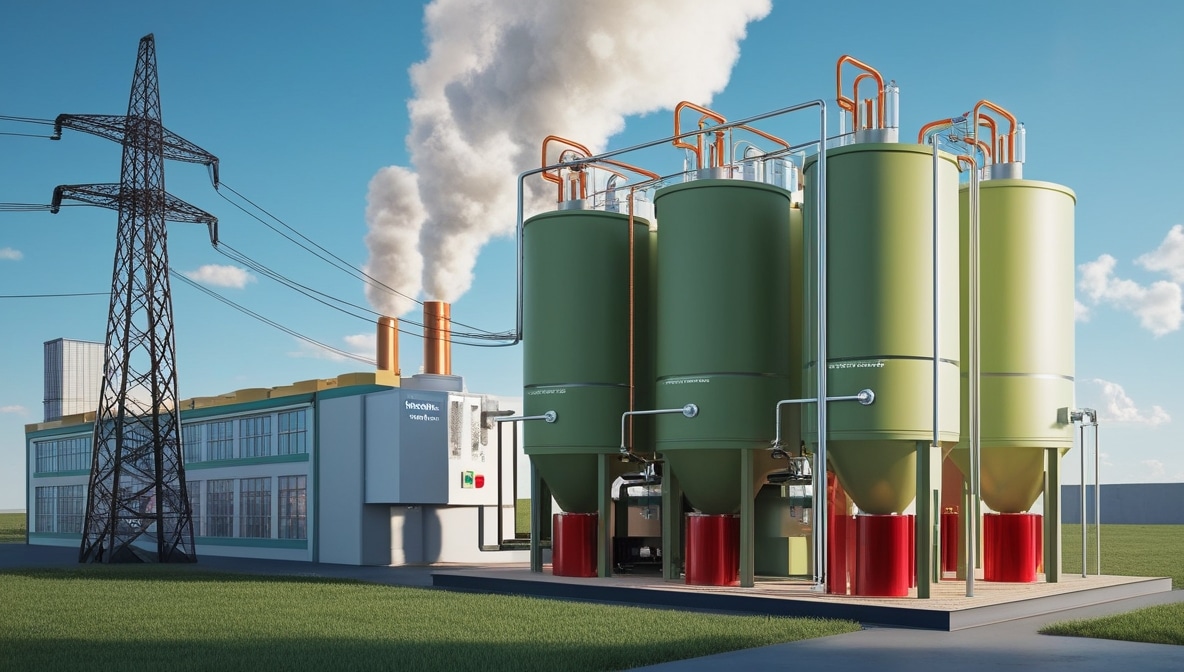
Seasoned product leader in the renewable industry with decades of experience launching innovative software solutions.
We provide innovative thermal energy storage solutions to provide clean, firm, low-cost industrial heat for manufacturers. We have 2 offerings.

The making of goods we rely on daily, from food, to paper, to chemicals and metals, uses lots of heat, mostly supplied by fossil fuel. However the extreme volatility of fossil fuel prices can ruin the unit economics for the manufacturers.
In addition, industrial heat uses 25% of the world’s energy, and accounts for 20% of carbon emissions.
What if manufacturers could use clean renewable energy, instead of carbon intensive fossil fuel with volatile prices?
At VerdiVis, we are bringing to market an innovative thermal energy storage technology that takes clean, intermittent energy from solar and wind and turns it into clean, firm, low-cost heat for

We provide clean, firm, low-cost industrial heat for manufacturers, especially those requiring 100-1000 ℃ process heat, for example, chemicals, liquid fuels, ore processing, paper, and food. Not only do manufacturers enjoy stable industrial heat prices, manufacturers mitigate business risks, such as production curtailments, regulatory fines, and missing out on RFI submissions as the world shifts towards carbon pricing by moving away from fossil fuels.


Seasoned product leader in the renewable industry with decades of experience launching innovative software solutions.